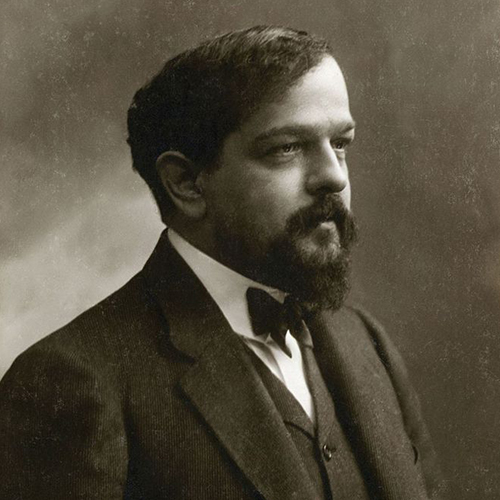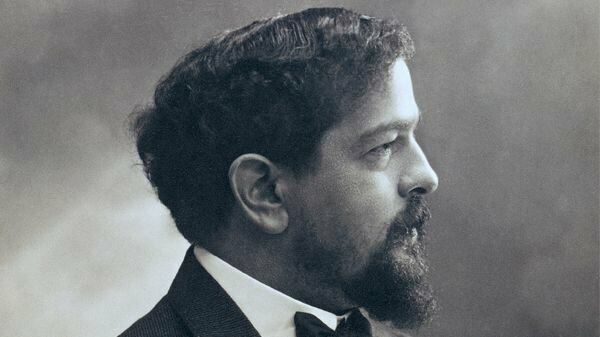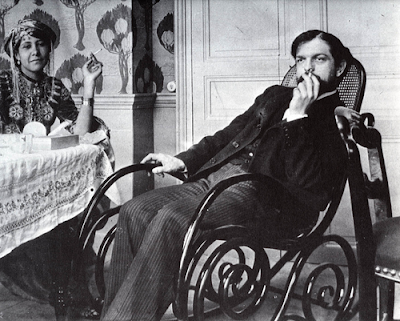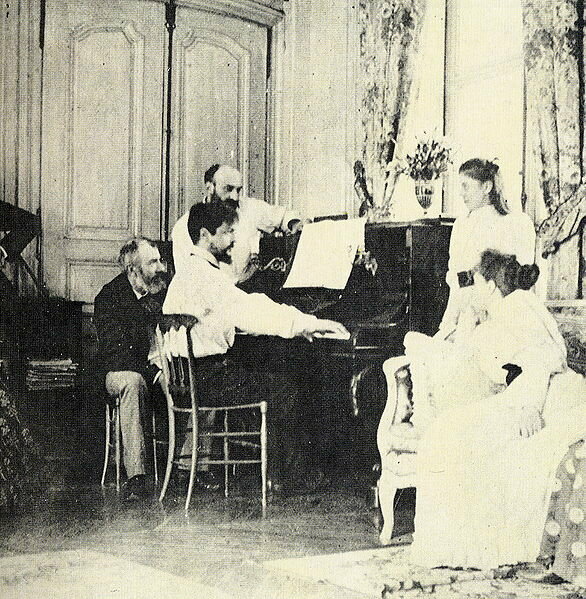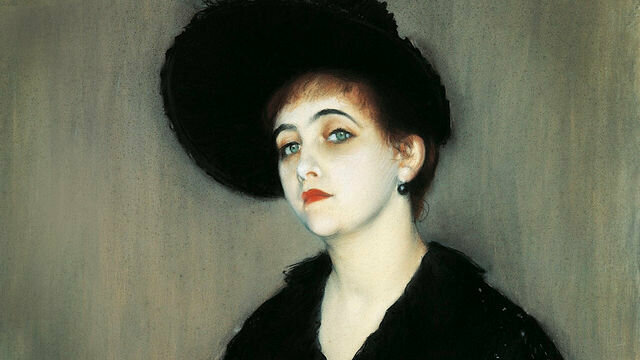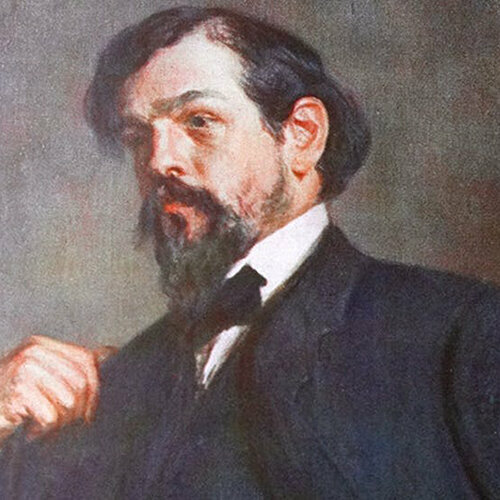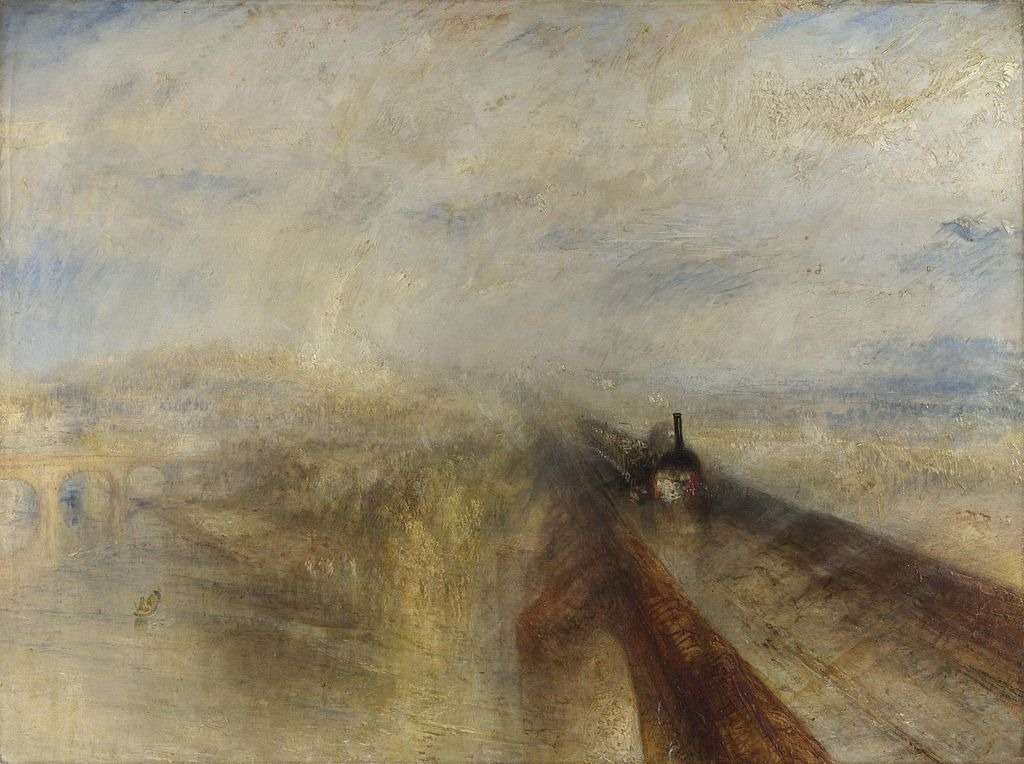Claude Debussy (1862-1918) is famous for his one opera, Pelléas et Mélisande, an opera of seduction and loss. But this was not his only assay into opera. He started work after work, leaving them incomplete: Hélène (1881), Diane au bois
Debussy
String Quartet Op. 10 in G minor II. Assez vif et bien rythmé From Debussy – Ravel / String Quartets (2018) Released by Harmonia Mundi Debussy: String Quartet Op. 10 in G minor – II. Assez vif et bien rythméA
Debussy at the piano! One had to have seen it to appreciate its magic. No words could describe the mysterious enchantment of his playing…– Jacques-Emile Blanche, 1932 2018 marks the centenary of the death of French composer Achille-Claude Debussy (he
As far as women were concerned, Claude Debussy was a bastard! “There was a woman at each crossroad of Debussy’s life,” Marcel Dietschy writes. “Certainly women of all ages seemed fascinated by him, and they attached themselves to him like
Claude Debussy’s friend Paul Dukas candidly wrote “the strongest influence to which Debussy submitted was that of the littérateurs, not that of the musician.” And while most of us have no problems describing Debussy as an “Impressionist,” a term originating
The Scottish operatic soprano Mary Garden, who sung the part of “Mélisande” in the original production of Debussy’s Pelléas et Mélisande in 1902, was to later write about the composer, “I honestly don’t know if Debussy ever loved anybody really.
Sonic Explorer and Visionary On 25 March 1918, Achille-Claude Debussy (1862-1918) lost his battle with rectal cancer at his Paris home. Aged 55, Debussy was universally acknowledged as one of the most important musicians of his time. His harmonic innovations
An Exploration of Debussy’s Piano Music — Preludes After a two-year break, Debussy continued his work on the Préludes for piano, writing another 12 and again showing influences of all areas of popular and ancient culture and from artists, writers,

